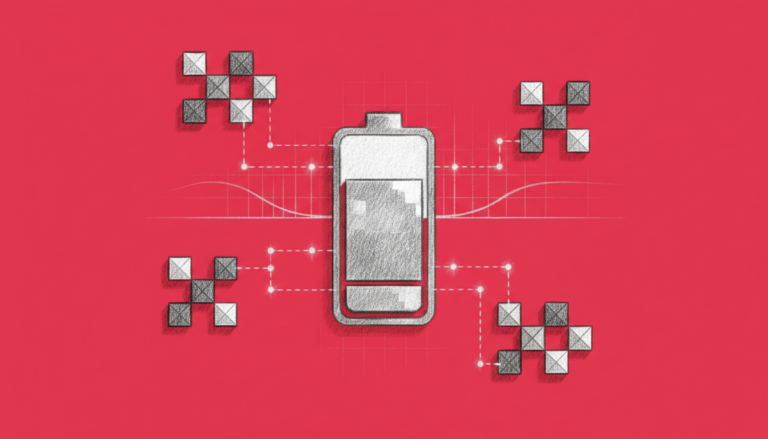OpenAI CEO Sam Altman Predicts Imminent Arrival of Artificial Superintelligence by 2030s
In a recent blog post, Sam Altman, CEO of OpenAI, argued that the emergence of artificial superintelligence is imminent and will likely occur within the next decade. This claim contrasts with earlier predictions by futurist Ray Kurzweil, who projected the Singularity—the point where machine intelligence surpasses human intelligence—would happen around 2045. Altman’s post emphasizes that the road to superintelligence will be gradual, allowing society to adapt, much like the rapid adoption of generative AI tools like ChatGPT over the past five years. Altman’s blog post often adopts a tone that blends scientific reasoning with what some might perceive as a quasi-religious fervor. He predicts that the 2030s will be a transformative era, unlike any other in human history. Although the exact extent to which superintelligent AI will surpass human capabilities remains unknown, Altman is confident that the journey will soon reveal new insights. He describes the current state of AI as surprisingly familiar, suggesting that the advancements may be more approachable than anticipated. Artificial General Intelligence (AGI), which refers to AI capable of performing any cognitive task as well as a human, is seen by Altman as a stepping stone to superintelligence. The development of AGI has been a contentious topic in the tech community, with some experts, like Facebook parent company Meta, actively preparing for its creation through dedicated research labs. However, others are skeptical about the feasibility of building a machine smarter than the human brain. OpenAI rose to prominence after releasing ChatGPT in late 2022, a powerful AI chatbot that quickly gained widespread usage. Since then, the company has continued to develop and deploy new AI products at an accelerated pace. This rapid development has led to tensions within the organization, with several high-profile employees leaving due to concerns over the prioritization of speed over safety. Some of these employees, including former OpenAI cofounder and chief scientist Ilya Sutskever, have founded their own companies focused on safe AI development, such as Anthropic and Safe Superintelligence (SSI). The impact of AI on employment and society is another major theme in Altman’s post. Critics argue that the automation of human labor by AI will lead to significant job displacement without adequate policy measures to address the issue. Altman acknowledges this challenge but remains optimistic. He believes that while certain jobs will disappear, AI will create new and potentially more meaningful opportunities. Additionally, he suggests that the immense wealth generated by AI will allow individuals to pursue non-work-related activities and supports the concept of a universal basic income to ease the transition. OpenAI’s evolution from a nonprofit focused on open-source AI research to a profit-driven entity highlights the company’s growing ambition. Initially, its mission was to ensure that AGI benefits all of humanity. Now, Altman’s post reveals a shift in focus, positioning OpenAI as a leader in superintelligence research. This transformation reflects the competitive landscape of AI, where companies like Google and Meta are also aggressively pushing the boundaries of what is technologically possible. The rise of superintelligent AI, as Altman envisions it, presents both profound opportunities and serious ethical challenges. Industry insiders commend Altman’s foresight and OpenAI’s leadership in advancing the field, while also cautioning about the potential risks. The company’s dedication to safety and responsible development, despite the internal conflicts, is seen as crucial. As the debate over AI’s future continues, Altman’s vision serves as a rallying point for both enthusiasts and critics, pushing the conversation towards broader policy discussions and ethical considerations. OpenAI’s rapid growth and evolving mission underscore the dynamic nature of the AI industry. With the potential to redefine human capabilities and societal norms, the development of superintelligent AI is a topic that demands careful attention and ongoing dialogue among technologists, policymakers, and the public.
